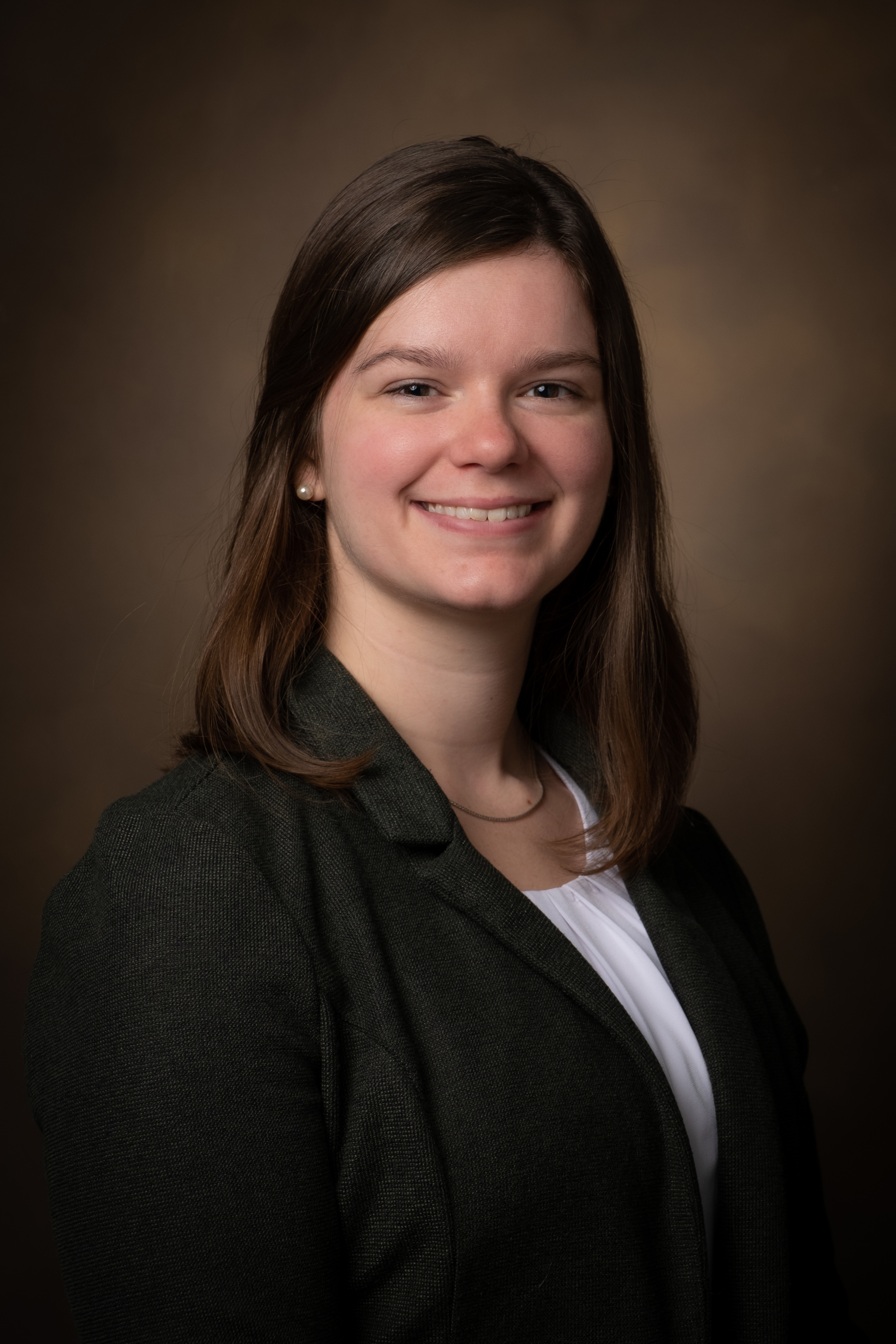Jennifer Shuman, PhD is a postdoctoral fellow in the Tim Cover lab in the department of Medicine and department of Pathology, Microbiology and Immunology.
Jennifer received her BS in Genetics and in Microbiology from Clemson University in May 2018, where she worked with Dr. Ingram-Smith on Entamoeba histolytica metabolism. She graduated from the Interdisciplinary Graduate Program at Vanderbilt in the Spring of 2024 and is currently a postdoc in Dr. Tim Cover's lab. Her research interests include how Helicobacter pylori adapts to mixed infections and different environmental conditions. Outside of the lab, Jennifer likes to read, eat, and explore Nashville with her family.
An interview with
our scientist:

Learn more about
her research:

In a nutshell, what do you study?
I study how a stomach bacteria causes cancer.
Why is your research important? What is its larger impact, and/or how do you foresee it impacting public health?
My goal is for these studies of H. pylori-mediated disease in Mongolian gerbils to contribute to identification of premalignant biomarkers in humans, so that we can improve preventive healthcare for people at higher risk.
Why is your research important? What is its larger impact, and/or how do you foresee it impacting public health?
All living things need zinc to survive. We cannot make zinc, so it must be obtained through dietary sources. Zinc deficiency is a global public health threat, particularly in developing countries. Understanding how zinc is trafficked to proteins provides fundamental insight into how your cells face conditions of zinc deficiency.
What is one topic in your field that you are excited about right now?
I’m excited about the way gastric organoids are being employed to study how H. pylori affects changes in vivo in a more mechanistic way.
When you were 5, what did you want to be when you grew up, and why?
Some combination of a jazz dancer, pianist, and fantasy author. I liked doing all of those things as hobbies, and I figured that I could just manage to be all three instead of choosing one profession.
What was it about science that drew you to it?
I liked being able to use my creativity in ways that were helpful to people, specifically to medicine. I was definitely drawn by the idea that I could find out new things that no one else in the world knew, until I let them in on the secret.
What has been your biggest challenge as a scientist?
It’s hard to not let the work (and my success or failure in it) define me. The success of science comes and goes, and I find that I can consistently enjoy it most when it’s something that I do (in addition to other things I also enjoy), instead of who I am.
What is one piece of advice you'd give to a new graduate student?
As someone who came into the program married and has since adopted two dogs and had a baby, in addition to the extracurriculars I consistently do outside of the lab, I would advise you not to wait until your PhD is over to start “living your life.” Do what you love and pursue your dreams now, instead of waiting until you’ve “made it,” because there will always be some next objective to push yourself toward professionally. You’re only guaranteed now, so live in it to the best of your ability.
